

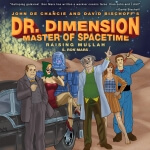 The SFFaudio Podcast #422 – Jesse, Scott Danielson, and Paul Weimer talk about The High Crusade by Poul Anderson
The SFFaudio Podcast #422 – Jesse, Scott Danielson, and Paul Weimer talk about The High Crusade by Poul Anderson
Talked about on today’s show:
A Canticle For Leibowitz, the framing, a thousand years later, the manuscript, make a universe as a playground to play in, feudal Englishman running rampant in interstellar space, appreciations, Eric Flint, David Drake, Greg Bear, rollicking, Astrid Anderson Bear, a rollicking romp of medieval mayhem, fun Catholicism, A Case Of Conscience where the conscience is a little lose, the horrible movie adaptation The High Crusade (1994), it could make a good movie, Monty Python And The Holy Grail, George Pal, no budget, no script, no director, John Rhys Davies, the trailer, a really good trailer, blue skin, Quest by Poul Anderson, this seems to be the Holy Grail, here’s a story where they tried, a little too sloppy, a gaming system, Ares, Poul Anderson wrote a ton of great stuff, paperback reprints, an upbeat ending, grim or ambiguous, a different tone, The Broken Sword, Three Hearts And Three Lions, Philip K. Dick’s Waterspider has Poul Anderson as a character, Call Me Joe by Poul Anderson, Avatar with fewer explosions, following in a line with Mark Twain’s A Connecticut Yankee In King Arthur’s Court, our knowledge, awesome mistakes, no defenses, lucky Scott, fun, super-entertaining, history, a healthy respect for factual history, not technically a lie, Babel, an undercurrent of humour from charging knights to launching nukes with trebuchets, historicity, the fall of Rome, barbarians, the Roman Empire, the creation of the dark ages, their own past and their own future, fiefdoms, the church, practicality, stiff armour costumes, almost a complete retelling of what’s going on in Europe, a local chieftain, keep the system going, pastiche, we have to buy so much, rusty axes, pretty hard to buy, a light touch, undeniably well working, L. Sprague de Camp’s Krishna novels and stories, looking for princesses, green skin aliens, an Easter egg, all their conquests, the crusades, the Wersgorix, defeat the horde of Englishmen, Saracens, ripe for a fall, what made Alexander The Great so great, technical definition: a shitshow, sacking Constantinople, attacking the wrong people, loose collectives, a charitable term, mercenary motivations, the sack of Alexandria, they too the wrong turn, the Northern Crusades, the French Crusades, Baltic pagans, holy wars, Christian jihads, radical extremism combined with mercenary avarice, he must speak Latin because he’s a demon, sharp knives and tortures and laughing, it’s all fake, not being horrified, the entire town from Lincolnshire goes to liberate the Holy Land, an enjoyable romp, edible, digestible, enjoyable, nicely, lightly, briefly, reconstructing scenes, reliability, circumstances, third hand, it’s wonderful to be an Englishman, his declensions are atrocious and what he does to irregular verbs can not be mentioned in gentle company, Patricia Kennealy-Morrison, Celts in the stars, Catherine Asaro, Mayans in space, Star Trek, space Romans and space Nazis, the Traveler RPG, Traveler 3000, seeding wolves and humans, plenty of little planets, plucky humans, star empires, elves, wolves in space, building empires, dying in character creation, The High Crusade tactical board game, chits, Avalon Hill, flaws and strengths, tactics, dry ’80s-style war games, actual battles, great cover art, the idea of primitive technology defeating higher technology, Ewoks vs. the Imperial Storm Troopers, Return Of The Jedi, buckskins (Ewok skins), a comic light touch, different kinds of swords, gladius -> longsword -> rapier -> no swords, the heraldry, to learn how to run a spaceship, you don’t even know how to read to learn, ignorance, history, they’re not knowledgeable enough to think they can’t win, hand-to-hand, contrast, thrall army, fort destruction, ionic storm, heresy, playing the heresy card, history, religion, science, space battles, awesome, scenes and jokes, the workings of the physical universe, an inversion, knights with holstered ray guns, laser guns, the English learn quickly, never give up the horses, poor Ansby was left almost deserted, the loading of the ship, a Noah’s Ark story, a good idea, a lot to swallow, so much sugar, worldly goods, what happened to this village?, everybody’s gone, all the cupboards are bare, there’s a story there, “almost deserted”, I’m not getting on this thing!, other races, clever but nuts, the opening framing, a document vs. a novel, The Green Meadow by H.P. Lovecraft and Winifred Virginia Jackson, the most preposterous story ever, alien summer night, socio-technician, modern languages, creatures, thunder and blow-up, hard to believe, no rest for the wicked, impressively ancient, uncials on vellum, a prosaic typescript, home was a long way off, a mystery, pretty cute, they did well, still there, an English Empire stretching down the spiral arm, 2300 A.D., has the Holy Land yet been liberated?, a funny funny book, this book can’t really age, the alien technology of the ship feels very 1950s, their navigator is called an “astrologer”, The Enduring Chill by Flannery O’Connor, Stephen Colbert, a comedian should narrated this novel, John Cleese, the Book For The Blind, massive archives, there has never been a commercial audiobook release of The High Crusade, The Broken Sword, collections, Brain Wave, Tau Zero, Three Hearts And Three Lions, dealing with elves and trolls, Icelandic and Scandinavian myths, Lest Darkness Fall by L. Sprague de Camp, The Man Who Came Early, dark ages Iceland, Eifelheim by Michael Flynn, split time-lines, everything’s short, 180 pages, a big impressive story inside a few number of pages, packing a bigger punch, Harvest Of Stars, these science fiction writers in the 1960s and 1970s were doing idea exploration, The Broken Sword is a classic, Paul will wind up crying again, catharsis, faking us out, “these creatures”, the Owain treachery, the same thing in Quest, double jointed knees, more faithful than everybody else, a planet named Lancaster, there was hardly a peasant who hadn’t been knighted, Alexander’s generals, regional governors founding dynasties, hay stuck in his hair, very strange very funny, the promise of all series novels always offer, all the adventures happen between the page turns, Sir Roger’s cunning, the Wersgorix had no special affection for their birthplace, King John (and the Magna Carta), the rule of law vs. the rule of the word, “don’t you wish you had a plan?”, siege-craft, “when I had been picked up and dusted off”, no simpletons, to reap so rich a harvest, winning with cunning, courage and brute strength, a little pope, the younger people are not careful, Parvus means “little”, my nickname when I was a kid, a good catch, can we trust this document?, of course we have to trust it 100% because it’s cuter that way, why would it lose to anything?, another religious novel, a different kind of humour completely, a very dry humour, what else was nominated?, Rogue Moon by Algis Burdrys, Deathworld by Harry Harrison, Venus Plus X by Theodore Sturgeon, The Longest Voyage, the Tor Double, To Marry Medusa, Far-Seer by Robert J. Sawyer, mini-tyrannosaurs rex, Galileo, a telescope, his “planet”, Poul Anderson’s inspiration, making marvelous wonders, a great story to build on.
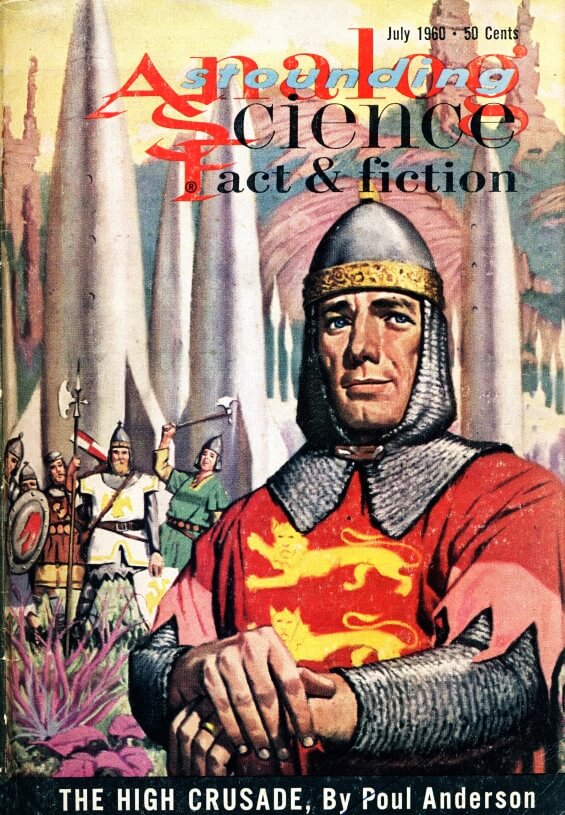
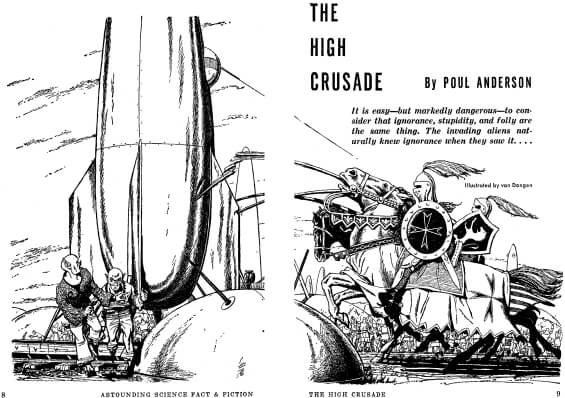
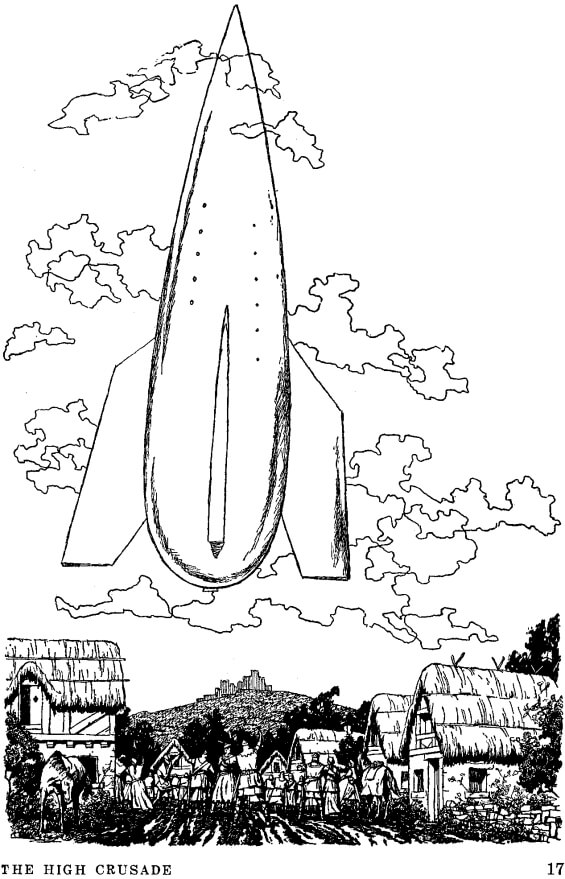
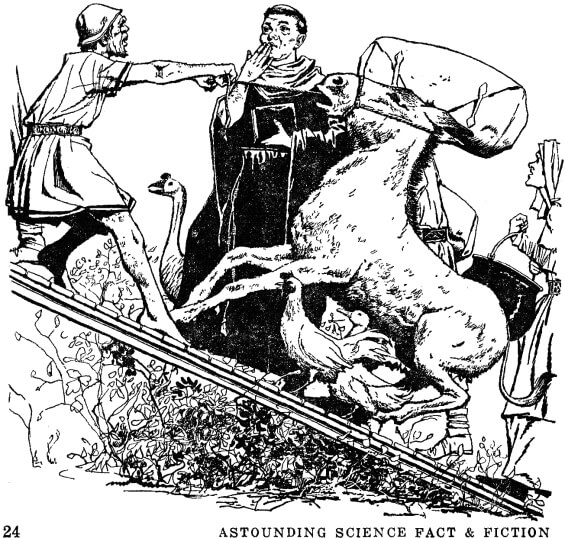
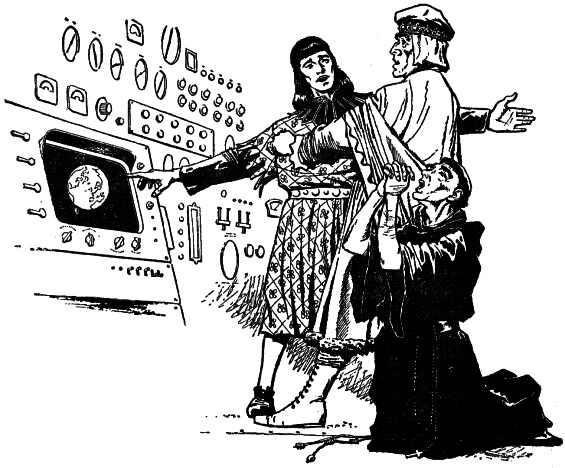
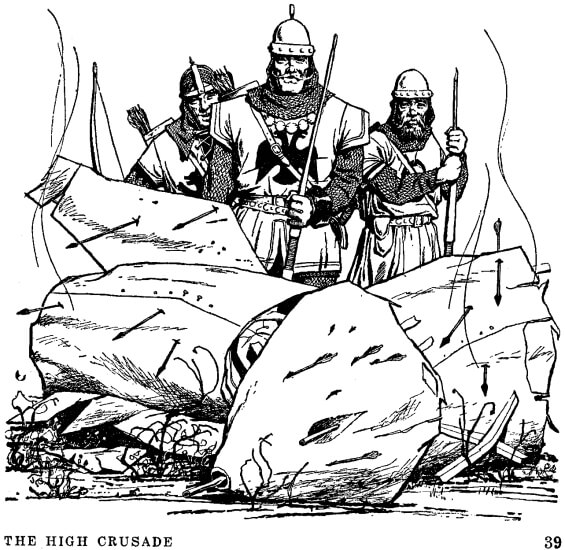
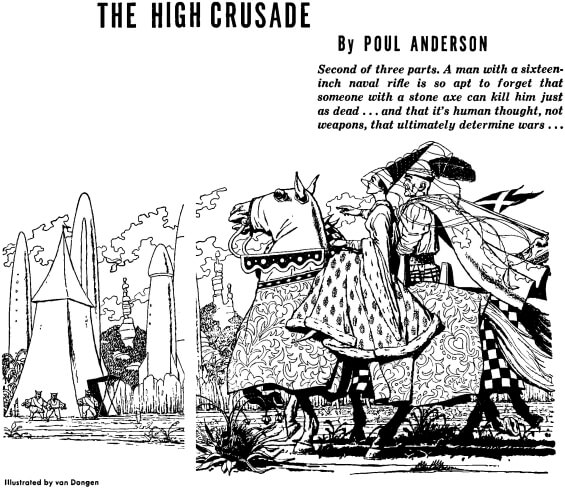
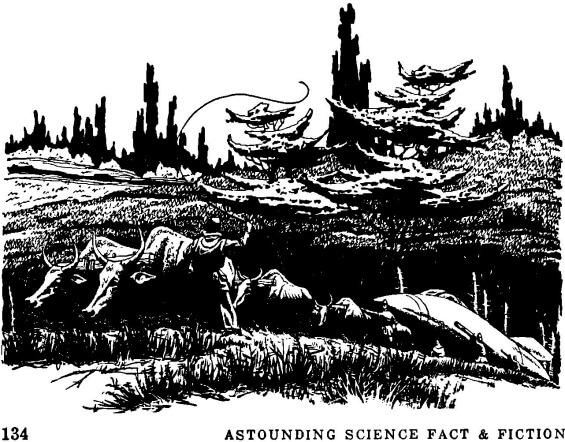
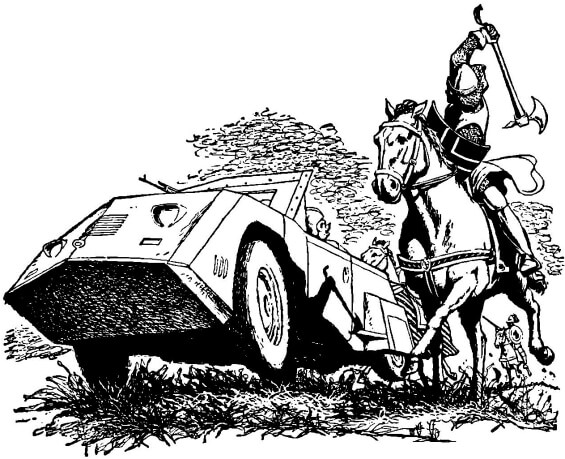
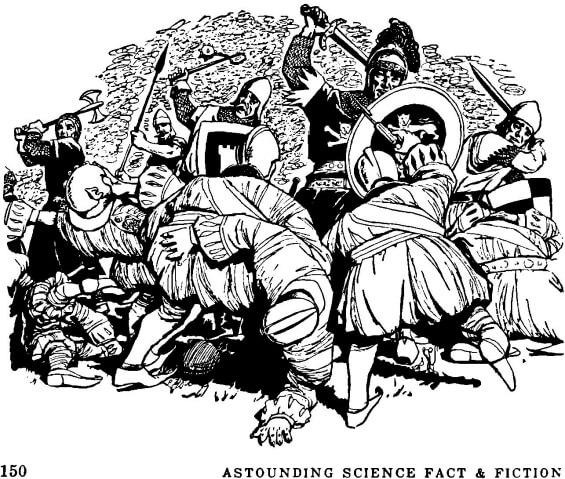
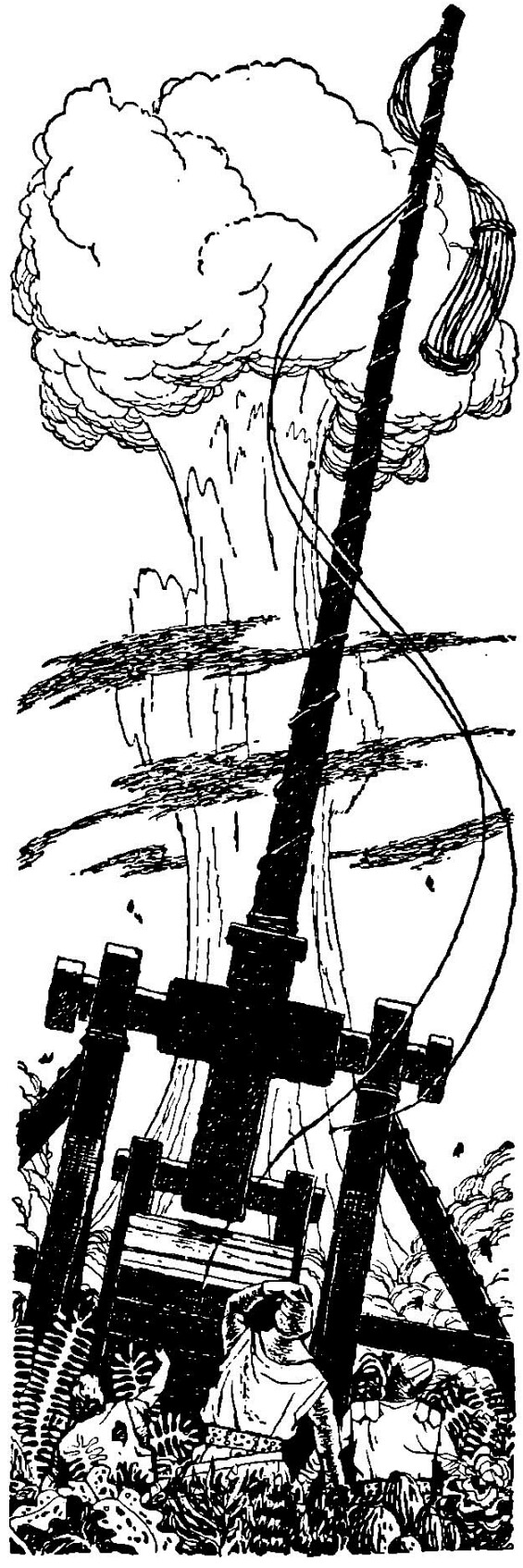
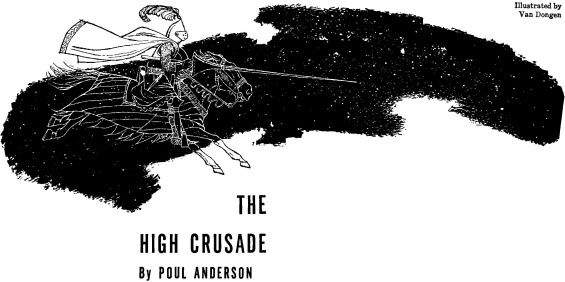
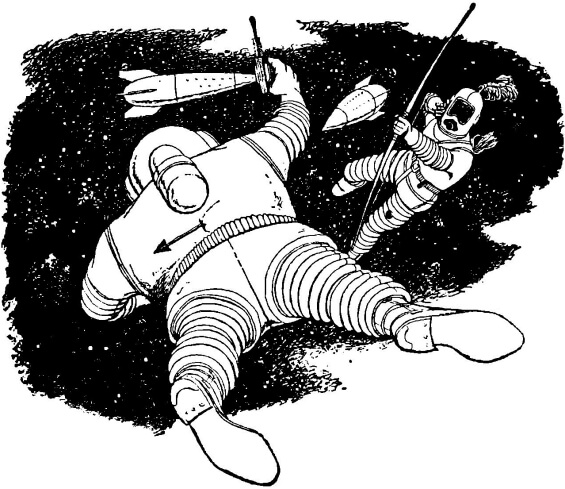
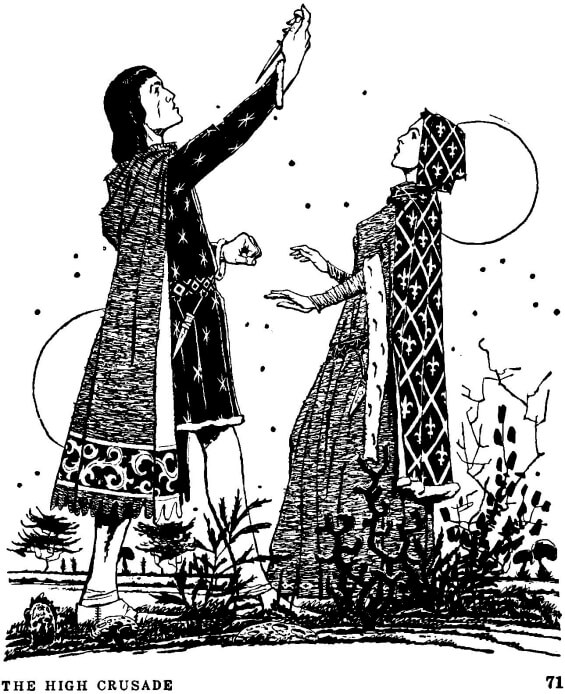
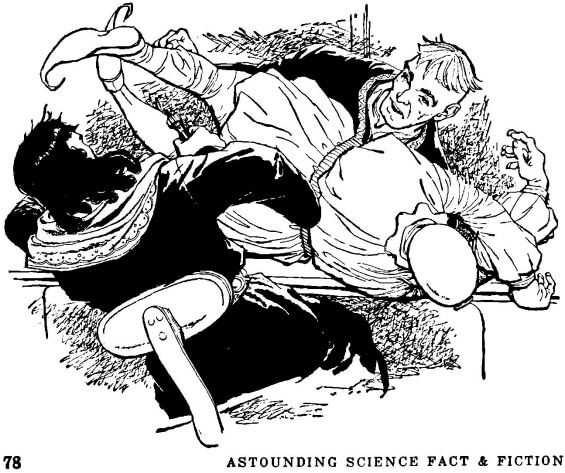

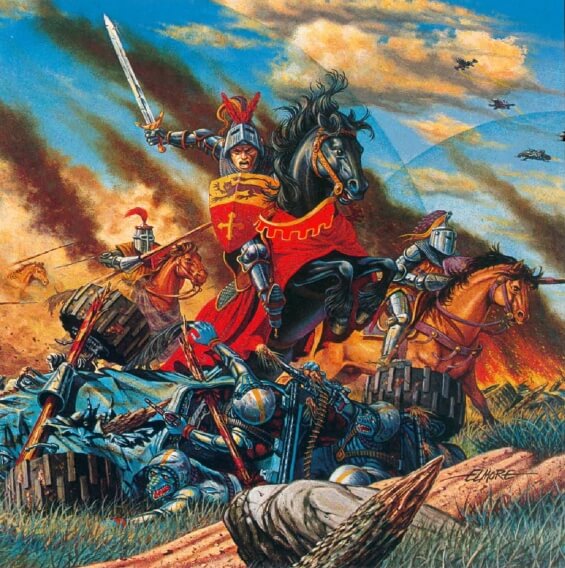
Posted by Jesse Willis


 Planet B (Series 2) – The Tender Trap
Planet B (Series 2) – The Tender Trap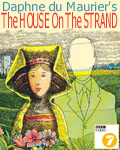
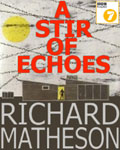

 Doomsday Book
Doomsday Book